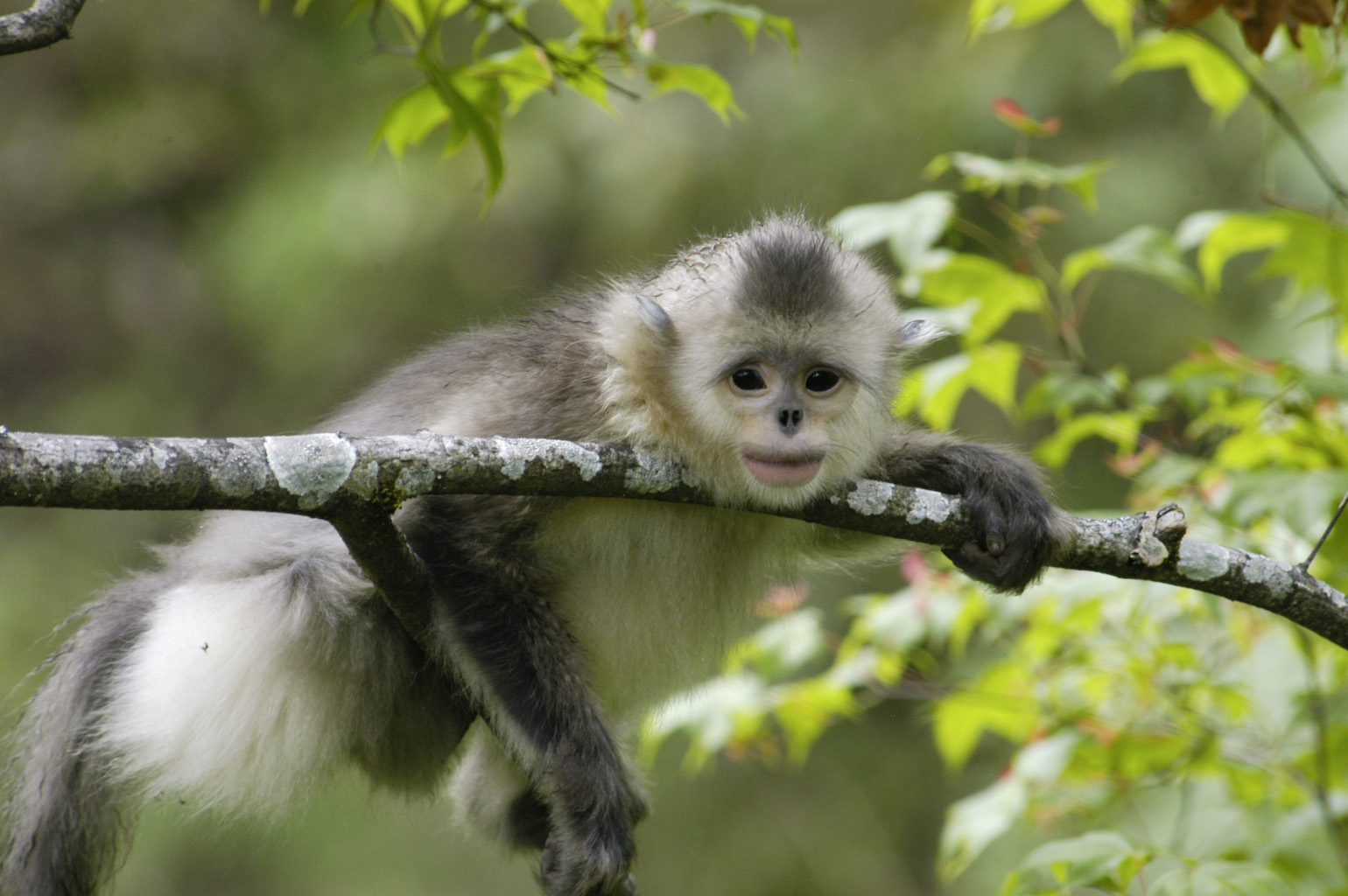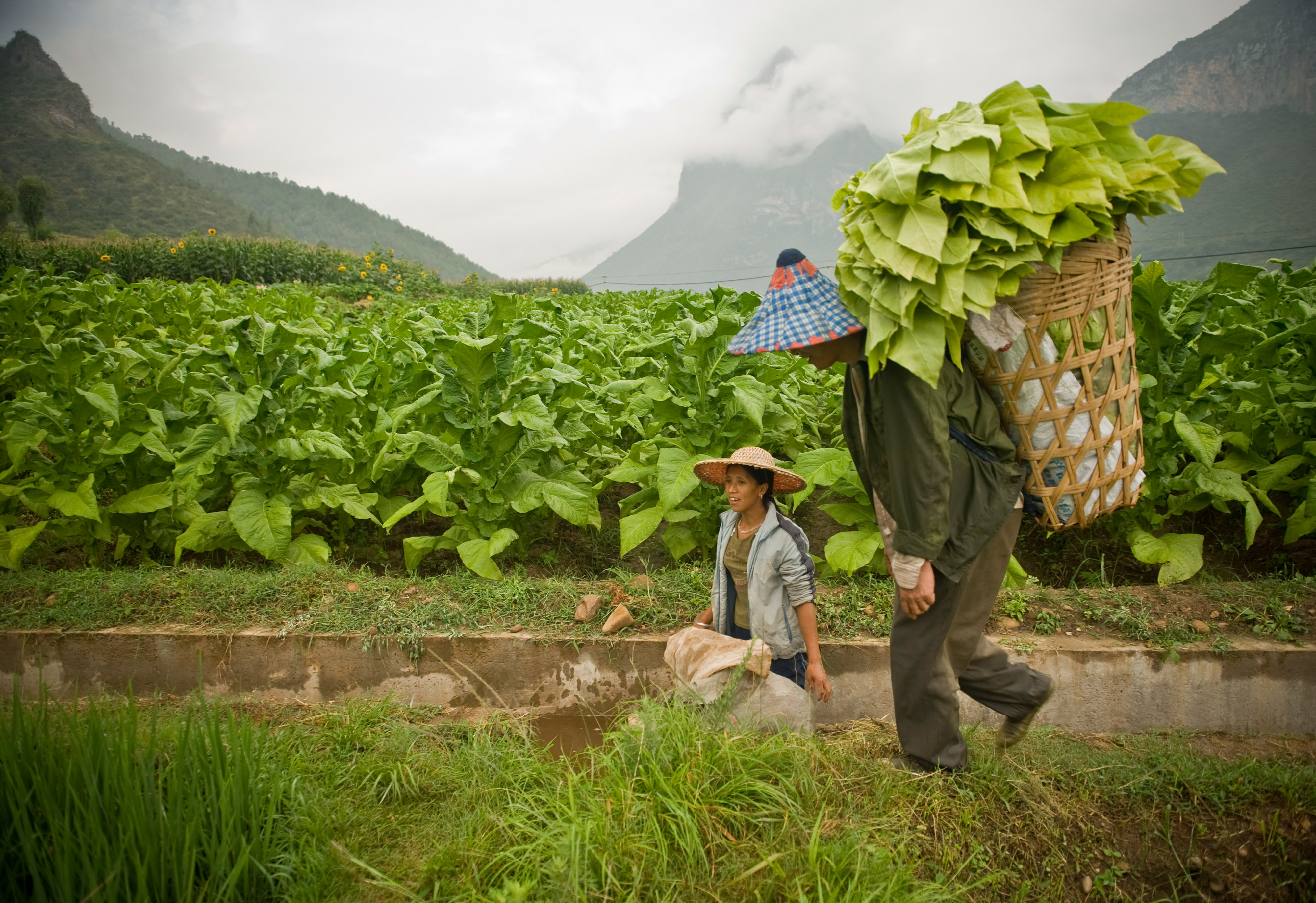Saving a Mysterious Monkey
With about 3,000 remaining in its native China, the Yunnan golden monkey is one of the world’s most endangered primates.
Sixty percent of the world’s wildlife was lost in the last 45 years, which is why The Nature Conservancy (TNC) is dedicated to protecting lands so wildlife populations have room to thrive. In China, we are taking a holistic approach to conserving the Yunnan gold monkey.
Yunnan golden monkeys are in great danger—they have become more endangered than pandas. Not only has deforestation in China destroyed the forests they call home, but illegal hunting has also dwindled their numbers to a mere 3,000 in the entire world.
As one of the world’s most endangered primates, the only way for these cute Yunnan golden monkeys to avoid extinction is for people like you to intervene, take action, and get others to act, too.
Yunnan golden monkeys need healthy forests to thrive, and we planted 50 acres of new forest habitat in 2017 in the monkey area.
TNC provides technical and financial support to communities within or neighboring our Yunnan golden monkey project sites to implement a variety of renewable energy technologies, so that villagers don’t have to chop down forests for firewood. These include solar water heaters, micro hydropower generators, as well as fuel efficiency improvement technologies such as alternative energy stoves and fireplaces.
Since 2000, TNC and our partners have installed more than 12,000 alternative energy units in homes and schools in 420 villages, significantly reducing villagers’ need to overharvest wood for energy.
TNC’s conservation effort in this culturally rich but economically impoverished region goes beyond preserving its biodiversity. We are committed to helping people keep their cultural diversity and make environmentally sustainable choices for a living.
Misifi, named after a spiritual tree in Lili ethnic minority’s dialect, was established by TNC and local partners in 2015 in the Liju Village of Laojun Mountain. This community program provides training and an online sales platform for a wide range of eco-products made by the local villagers, including wool products and high-quality mushrooms and vegetables, with proceeds going back to support these communities.
When locals can make a living off of products like these, they are less likely to need to chop down forests, or poach monkeys, to make ends meet.
With support from the community, our work in Yunnan is paying off. For example, near the Baima Snow Mountain Nature Reserve, one local group’s population of monkeys has tripled—from 200 to 600 monkeys, and the Baima reserve is now home to around 1,500 total monkeys.
Please join us in helping protect people and nature in China.


